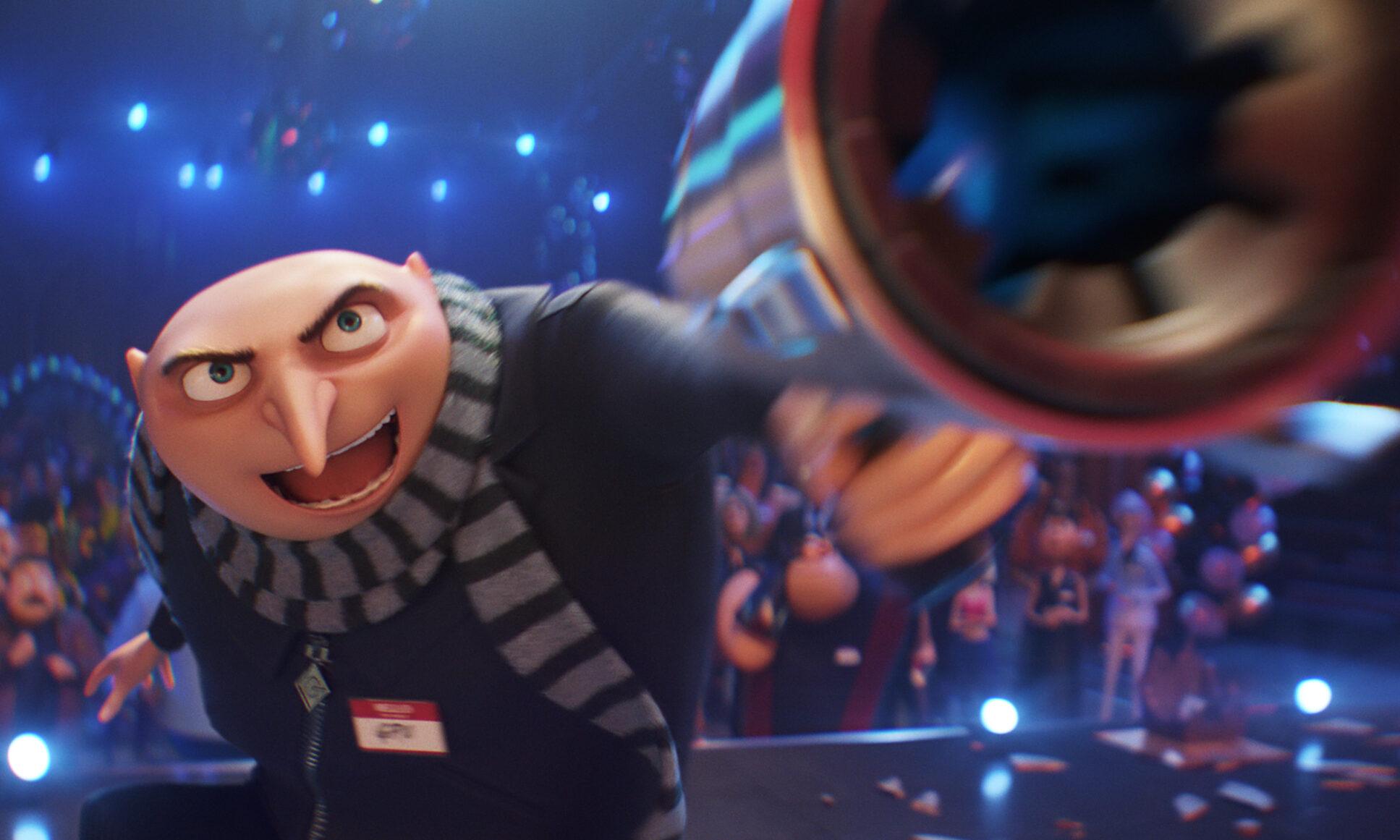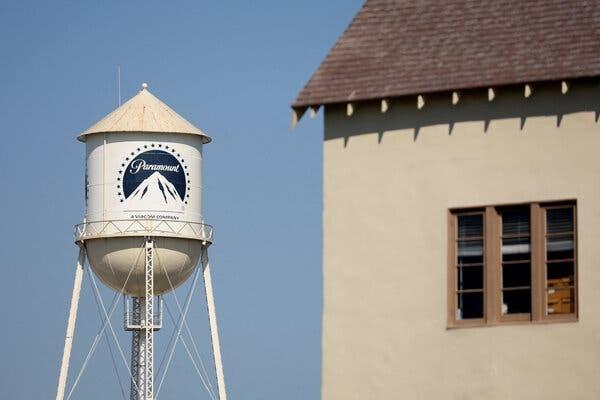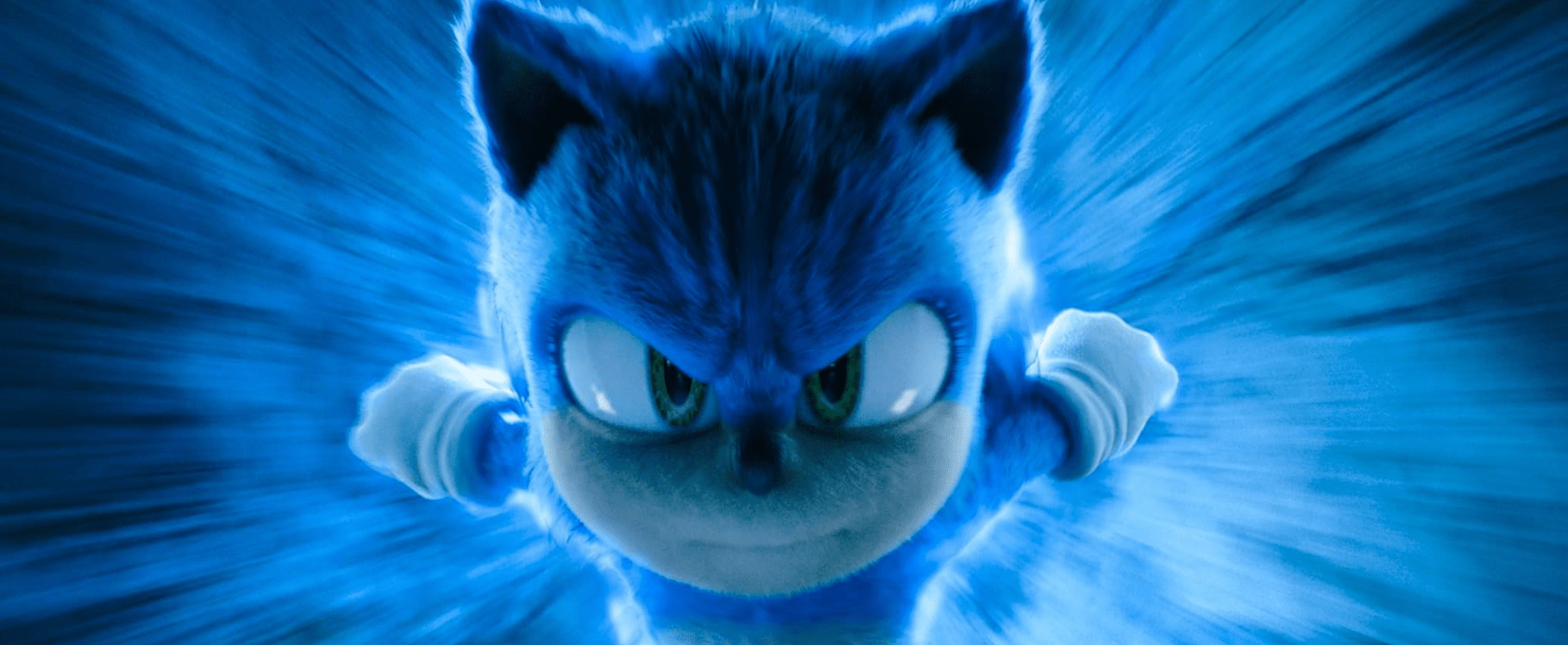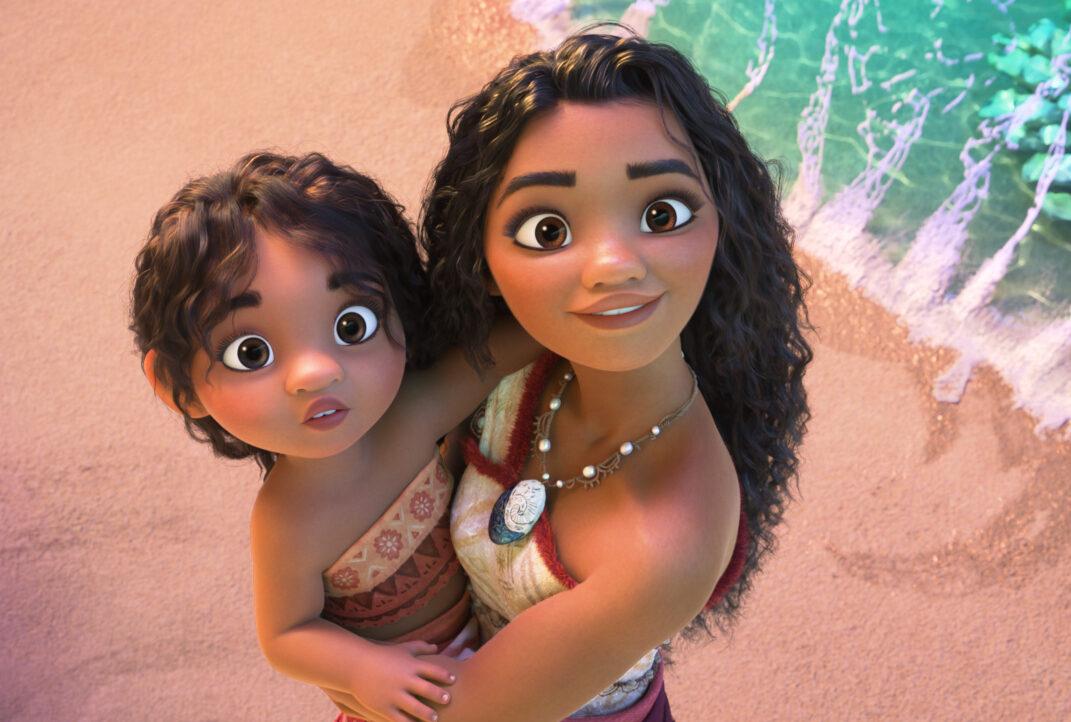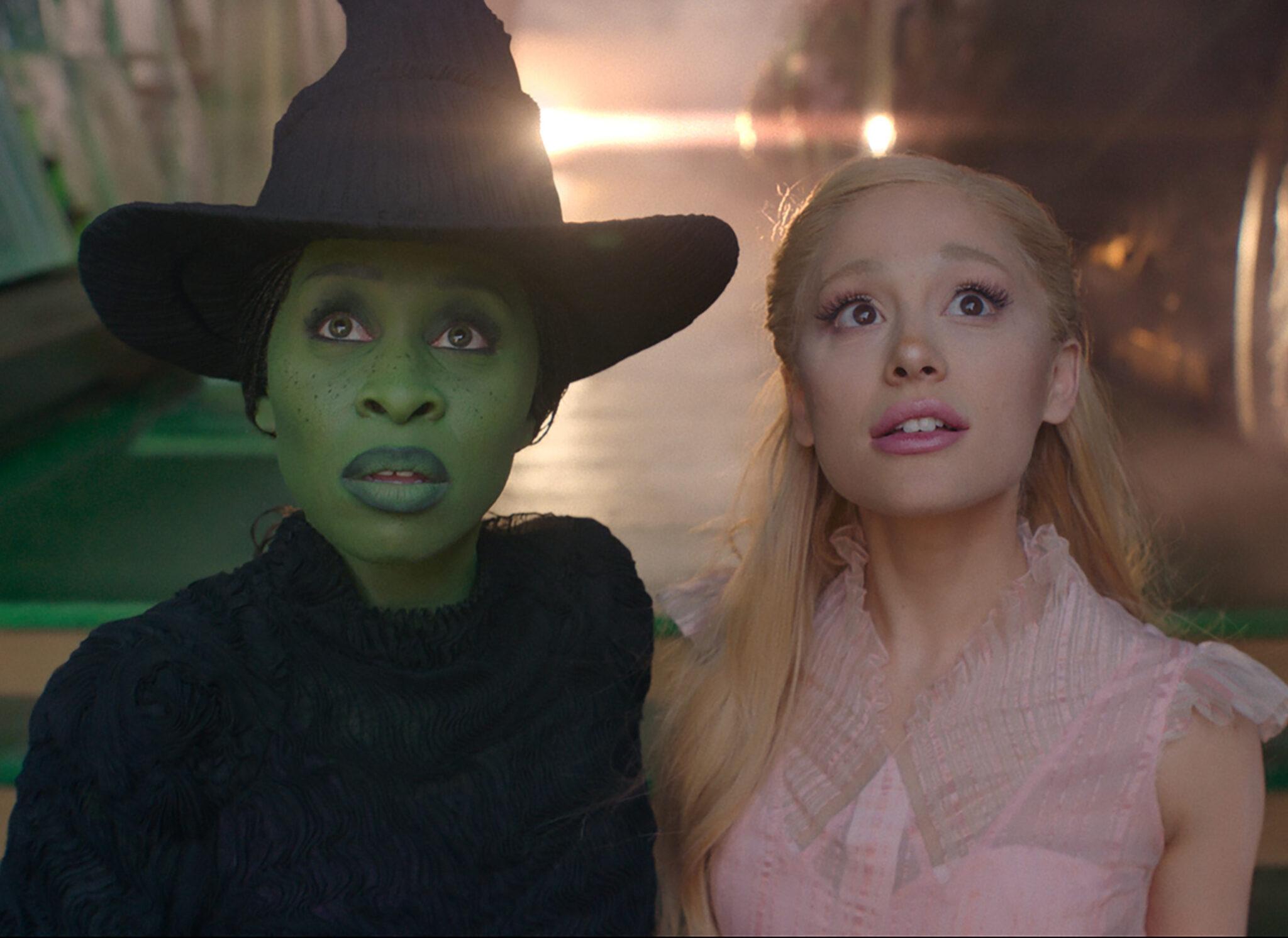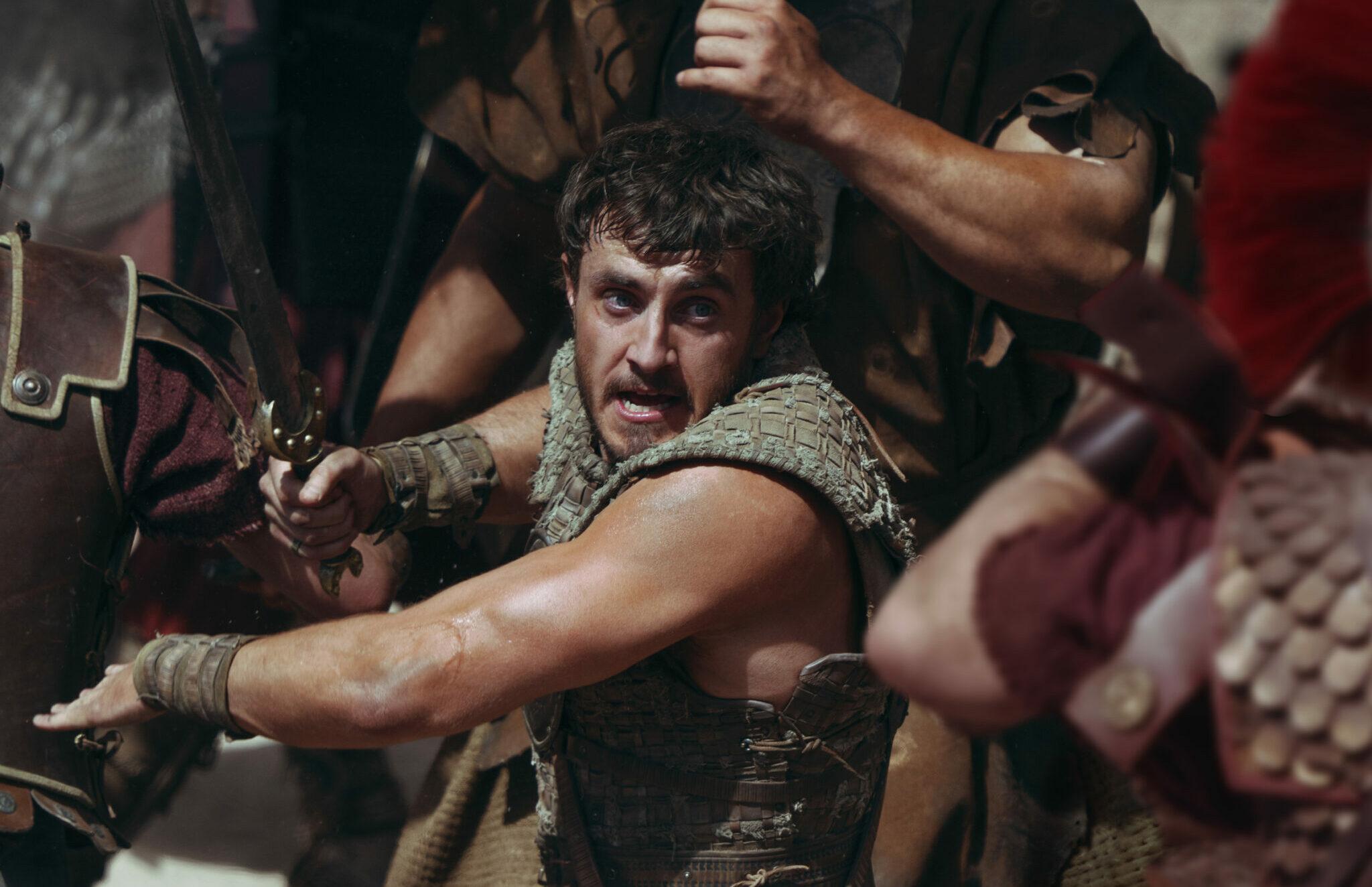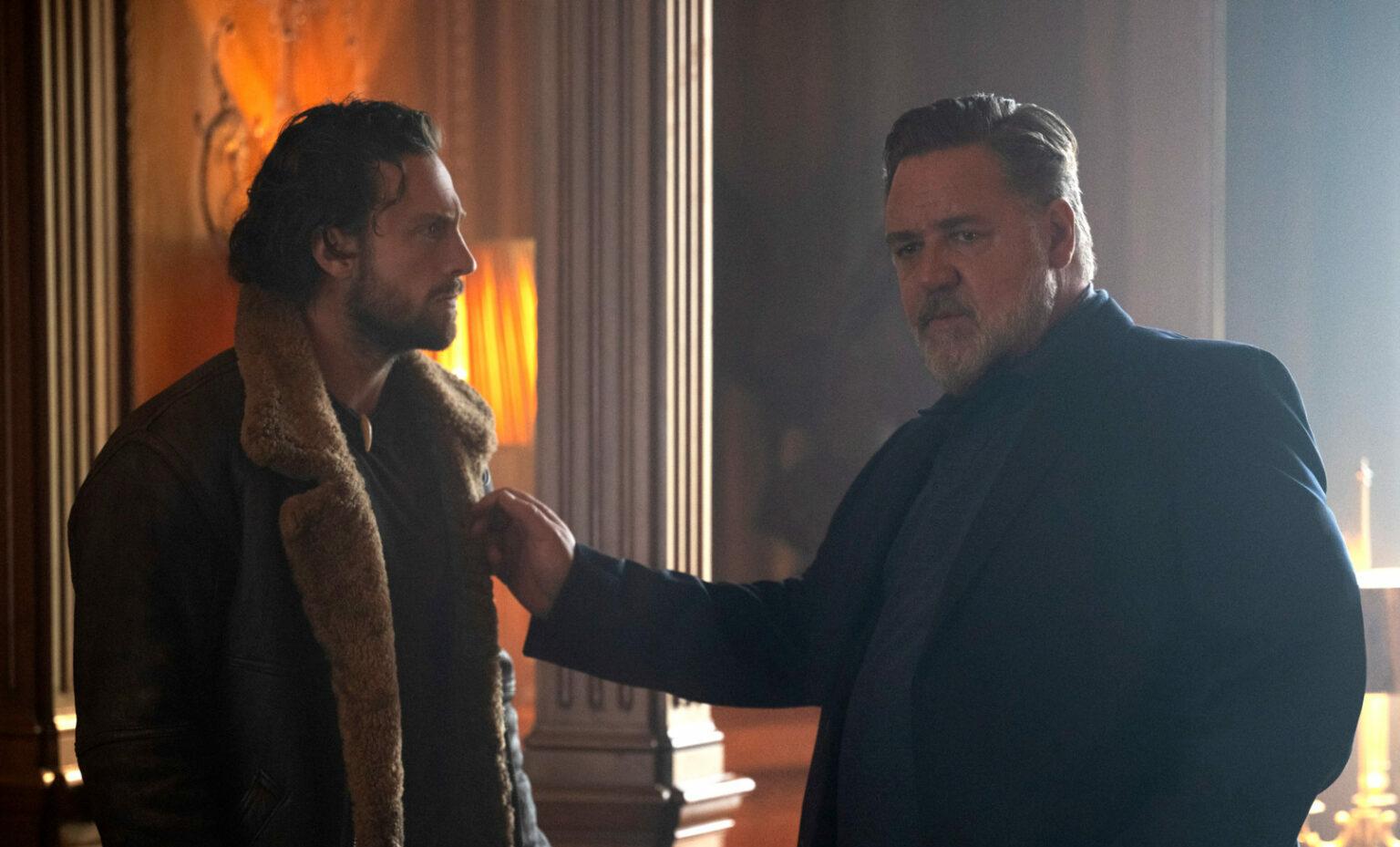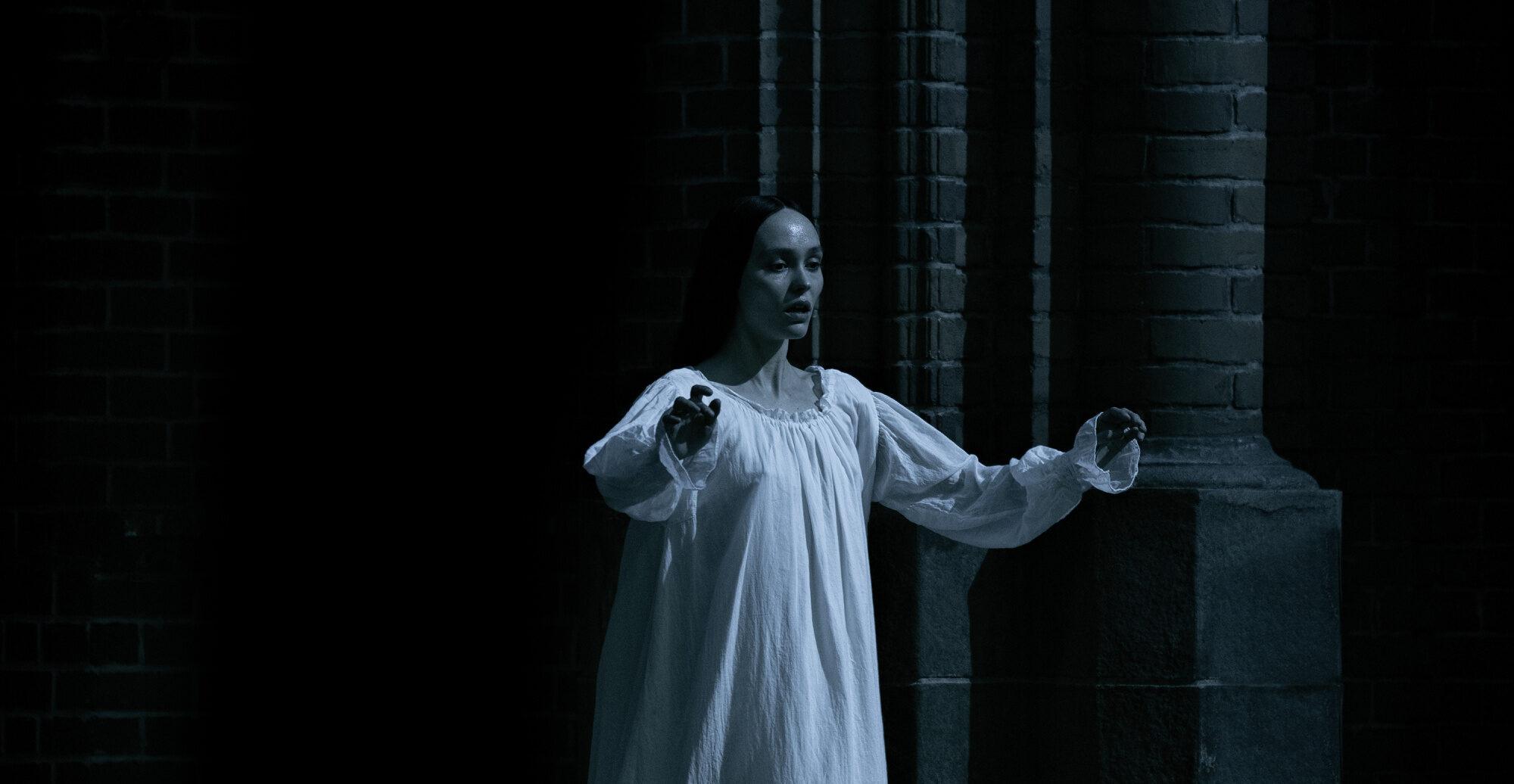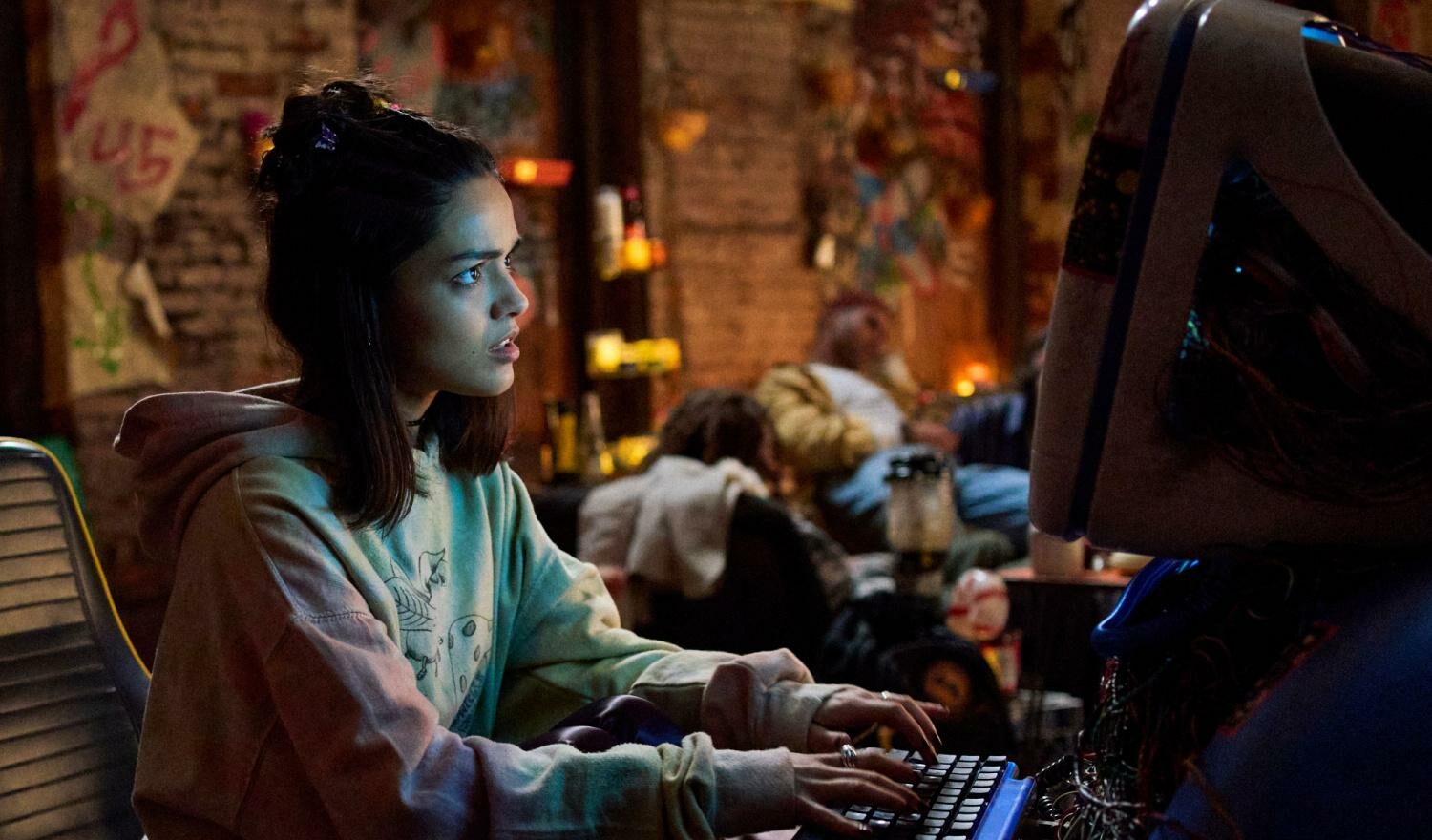VERDICT: Even die-hard Minions fans may come away disappointed from this half-hearted fourquel.
From the Marx Brothers to Madea, there are comic powerhouses that draw fans into movies, even when those movies suffer greatly during those powerhouses’ absence. To be a fan of the Minions is to willingly endure everything else that happens in a Despicable Me movie, and Despicable Me 4 will test the patience of even the most ardent devotees of those little yellow scoundrels.
Arriving in theaters seven years after the previous chapter — which means a good chunk of its target audience has been born in the interim — Despicable Me 4 plays like an assemblage of note cards that have been stapled together in a rough approximation of a screenplay. There are about 20 different plot threads that aren’t woven together as much as they’re shoved into one ungainly knot.
A reformed Gru (voiced by Steve Carell) continues his work for the Anti-Villain League, living in suburban bliss with wife Lucy (Kristen Wiig); daughters Margo (Miranda Cosgrove), Edith (Dana Gaier), and Agnes (Madison Polan); and new baby Gru Jr., who has yet to bond with his namesake.
They’re forced to change their names and go into hiding when supervillain Maxime Le Mal (Will Ferrell) breaks out of jail; Gru’s former classmate and nemesis at villain school, Maxime has harnessed the strength and indestructibility of a cockroach and vows revenge in the form of kidnapping Gru and Lucy’s infant son.
The family hides out in suburbia while most of the Minions report to AVL headquarters, where five of them are transformed into superheroes whose powers will be familiar to fans of the Fantastic Four and the X-Men. Being Minions, of course, they use their powers to wreak havoc rather than to do good; being a fourth chapter of an aging franchise, of course, none of the bits involving super-powered Minions wind up being all that funny.
To be fair, the Minions (all voiced by Pierre Coffin) get the only moments of Despicable Me 4 that work at all, whether they’re acting as a pit crew for Gru Jr.’s needs (accompanied by a legendary Van Halen guitar riff), refereeing a tennis match with Gru’s new neighbor Perry (Stephen Colbert), or going mano-à-mano with a vending machine.
But for most of the running time, screenwriters Mike White (apparently taking it easy between seasons of The White Lotus) and Ken Daurio lob ideas at the screen — Margo has a hard time fitting in at a new school; Lucy is an incompetent hairdresser; Gru gets blackmailed by Perry’s teen daughter (Joey King) into pulling a heist — that go nowhere.
Visually, the film delivers a level of crisp competence that never feels phoned-in but also offers no new ideas or possibilities for moving animation the slightest bit forward. There’s a constant barrage of noise, easily digestible pop songs, sensation, and action to keep young audiences engaged, but there’s little here for parents. (Compare this to the Oscar-nominated Robot Dreams, currently still playing in theaters in the US, which can truly call itself entertainment for all ages.)
The overqualified cast (which also includes Chloe Fineman and Steve Coogan) mostly acquits itself, but Will Ferrell and Sofía Vergara (as Maxime’s wife and henchperson Valentina) give one-note performances that aren’t anywhere near either performer’s best work.
Ferrell seems to think that just doing an accent is the same as creating a character, but it’s not; it’s the difference between Mike Myers as Austin Powers and Mike Myers as the Love Guru. Vergara, to her credit, can make the word “slushie” funnier than almost any other actor who ever lived.
Pixar often gets a bad rap for its sequels, perhaps because the original films feel so bold and fresh. There are fewer complaints about returning to the Despicable Me well, probably because the series was relatively mediocre from the get-go, and manages to stay at about the same median level movie after movie. It’s a triumph of marketing, and of blandness, but movie-loving children and their parents deserve much better.


